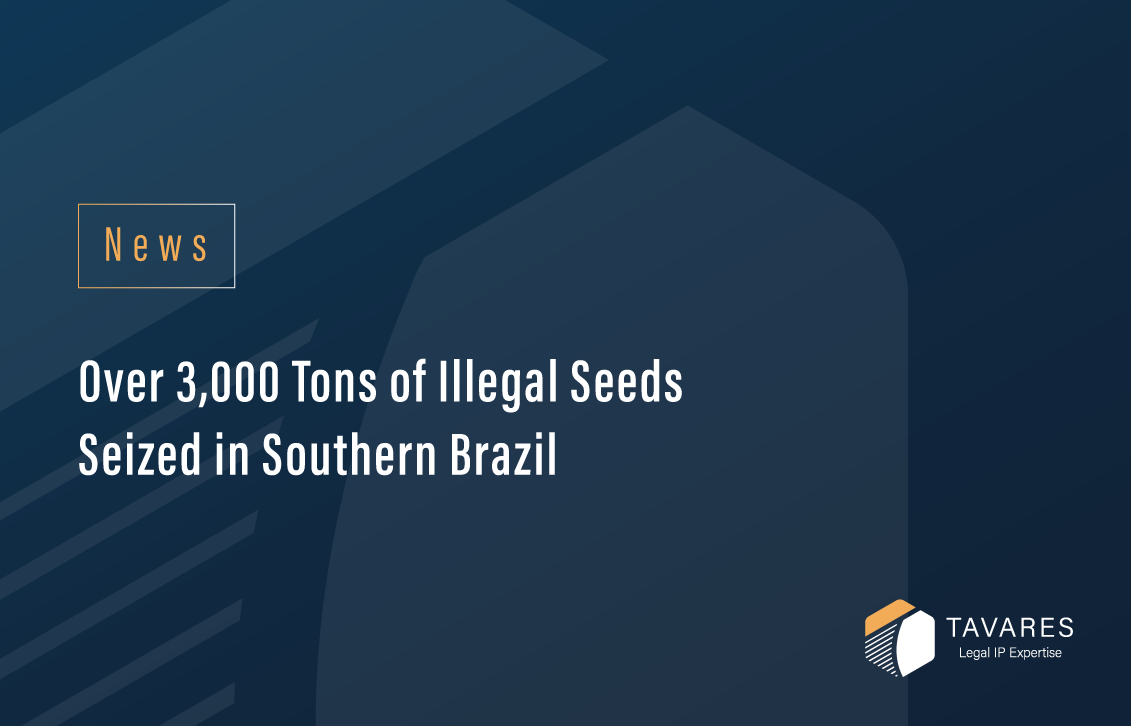A joint operation by the Civil Police, the Ministry of Agriculture, and the State Secretariat of Agriculture resulted in the largest seizure ever recorded in Brazil against the illegal seed trade. Authorities seized over 3,000 tons of counterfeit seeds across 14 municipalities in Rio Grande do Sul, resulting in estimated losses of $ 6.5 million for those involved.
According to Croplife Brazil, seed piracy practices include replacing certified seeds with common grains and using genetically modified seeds without paying royalties, violating biosafety regulations and intellectual property rights. Beyond financial losses, the risks include the spread of pests and herbicide-resistant weeds, which pose a significant threat to national agriculture.
Rio Grande do Sul has been identified as the central hub of this illicit activity, with counterfeit seeds often being transported to other states. It is estimated that soybean seed piracy generates $2 billion in annual losses in Brazil, with $200 million occurring in Rio Grande do Sul alone.






